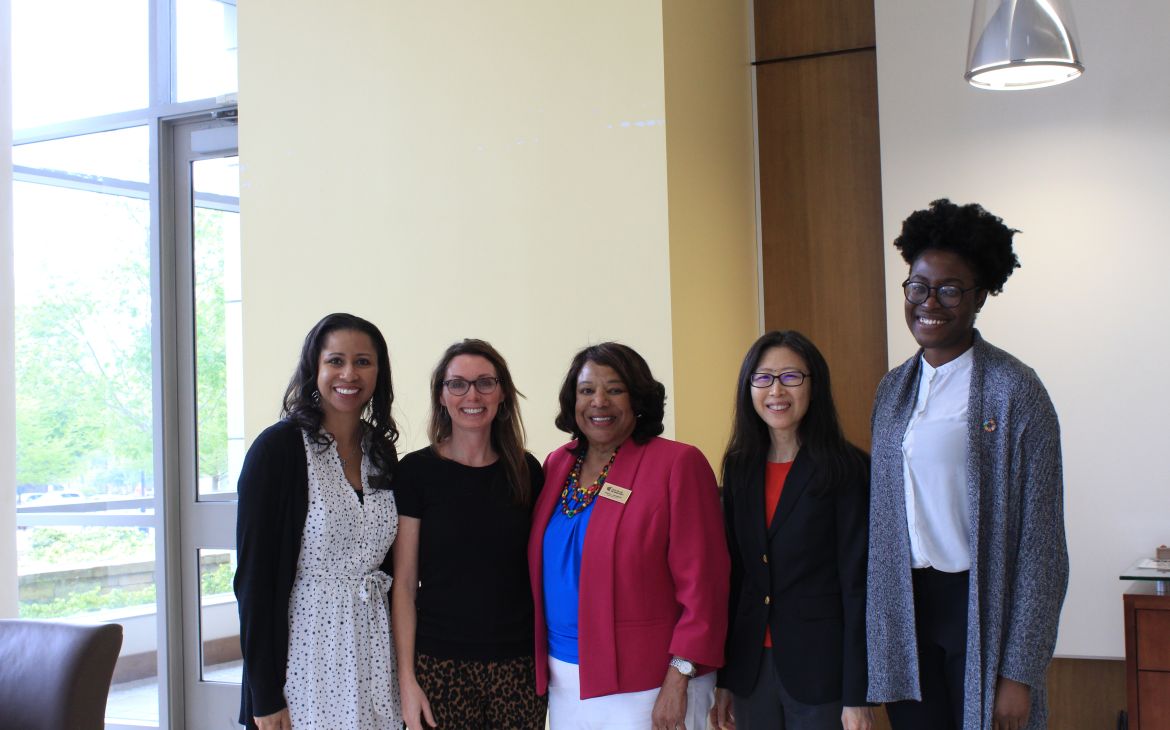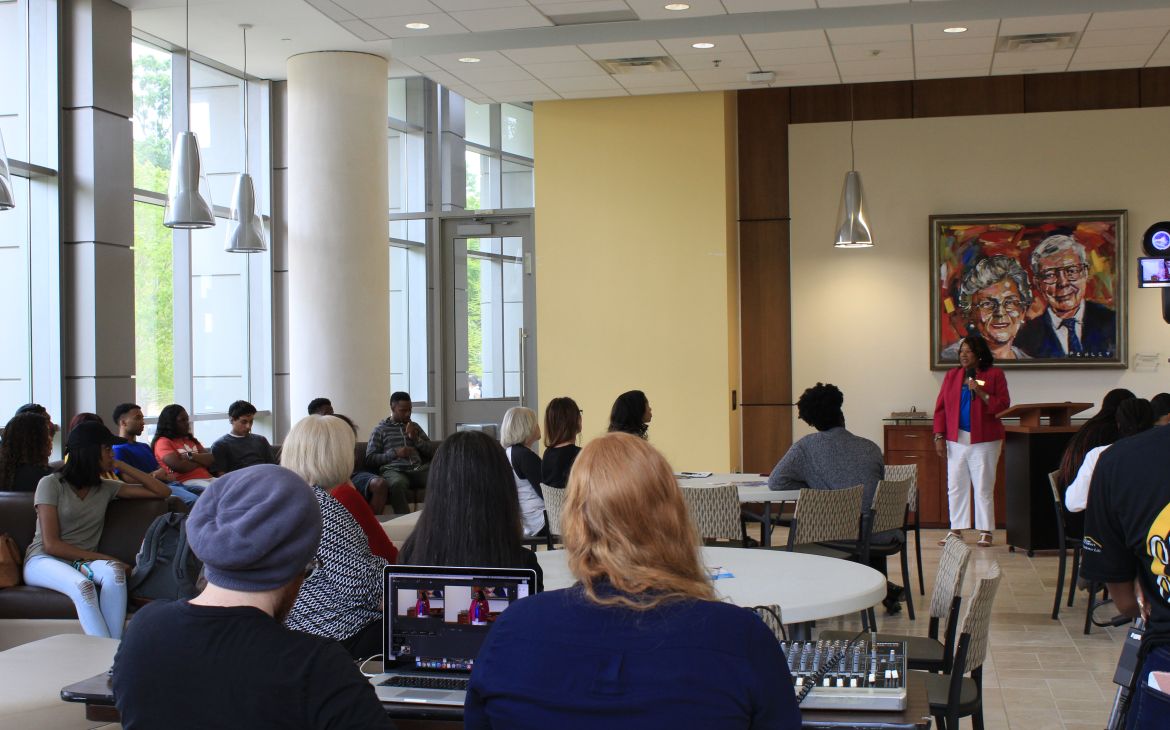25 April 2019, Atlanta, United States - The International Training Centre for Authorities and Leaders in Atlanta (CIFAL Atlanta) jointly with the International Human Trafficking Institute (IHTI) and the Department of Health Promotion & Physical Education at Kennesaw State University held a one-day seminar on Human Trafficking Awareness. This training was an opportunity to educate Kennesaw State University faculty, staff and students about all forms of human trafficking in the Atlanta area and surrounding regions as well as discuss signs for identifying trafficking in the local communities.
In 2017, 276 cases of human trafficking in Georgia were reported to the National Human Trafficking hotline. Although human trafficking is a national and global issue, Atlanta is ranked one of the most populous cities for human trafficking in the Unites States.
The purpose of this training was to equip participants with the knowledge necessary to understand all elements relating to sex and labor trafficking and to introduce current policies and programs set in place to assist victims and decrease the demand for trafficking.
This event gathered a total of 60 participants from diverse backgrounds, and it featured high profile speakers specialized on the matter, such as, Ms. Deborah Richardson, Director of the IHTI and a nationally recognized expert on social justice for women with over 30 years of advocacy and human rights experience. Ms. Richardson discussed the promotion of mitigating human abuses through learning, seeing, and doing. She noted that the cycle of human trafficking consists of vulnerabilities in targeted persons as well as the demand from buyers/consumers. Also, she highlighted the need to shift mindsets and “remove the shield of anonymity” for traffickers and buyers. The extension of policies to include protecting those vulnerable long-term need to be set in place with the focus on accountability for those involved in the trade/selling of persons.
By the end of the seminar, participants expressed their high level of acceptance as this training activity enhanced their knowledge of the complex issues and signs of human trafficking. Also, they gained a better grasp of the current policies and processes for trafficked persons. Participants also learned about actions that still need to be addressed through policy, discourse, and awareness so we can all work together to combat human trafficking.



